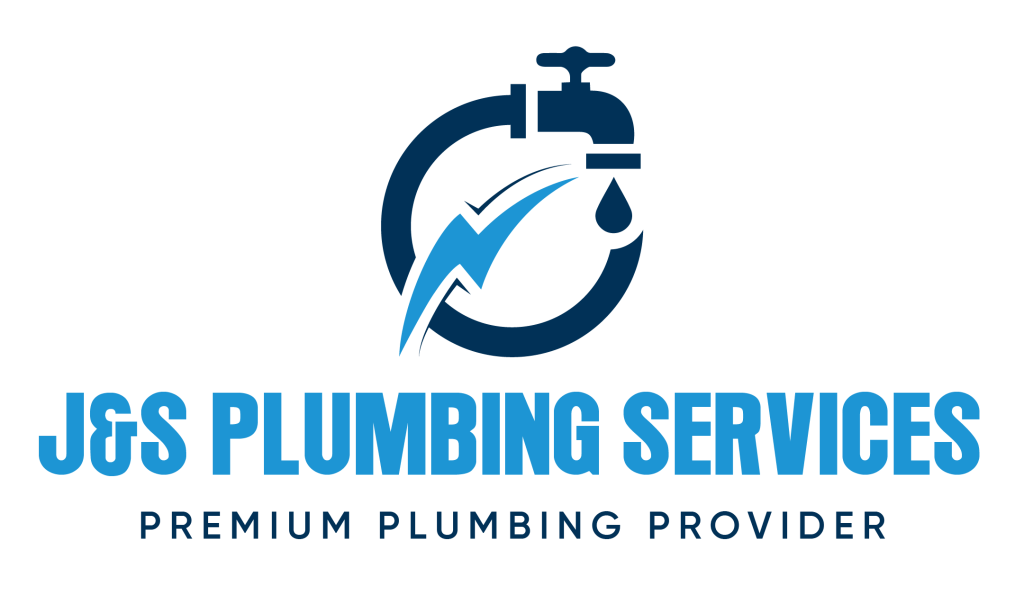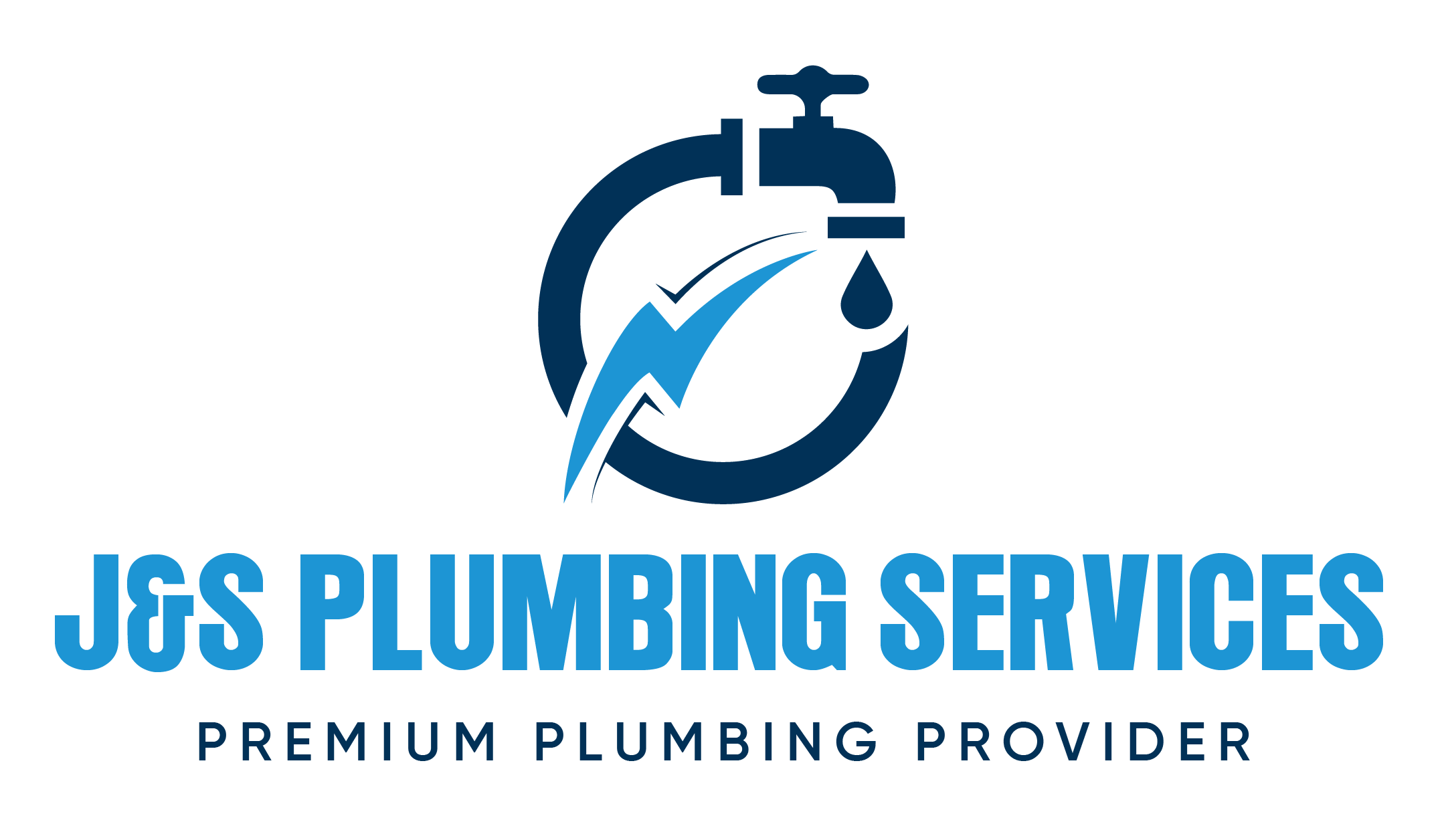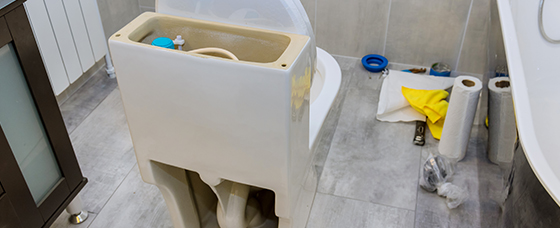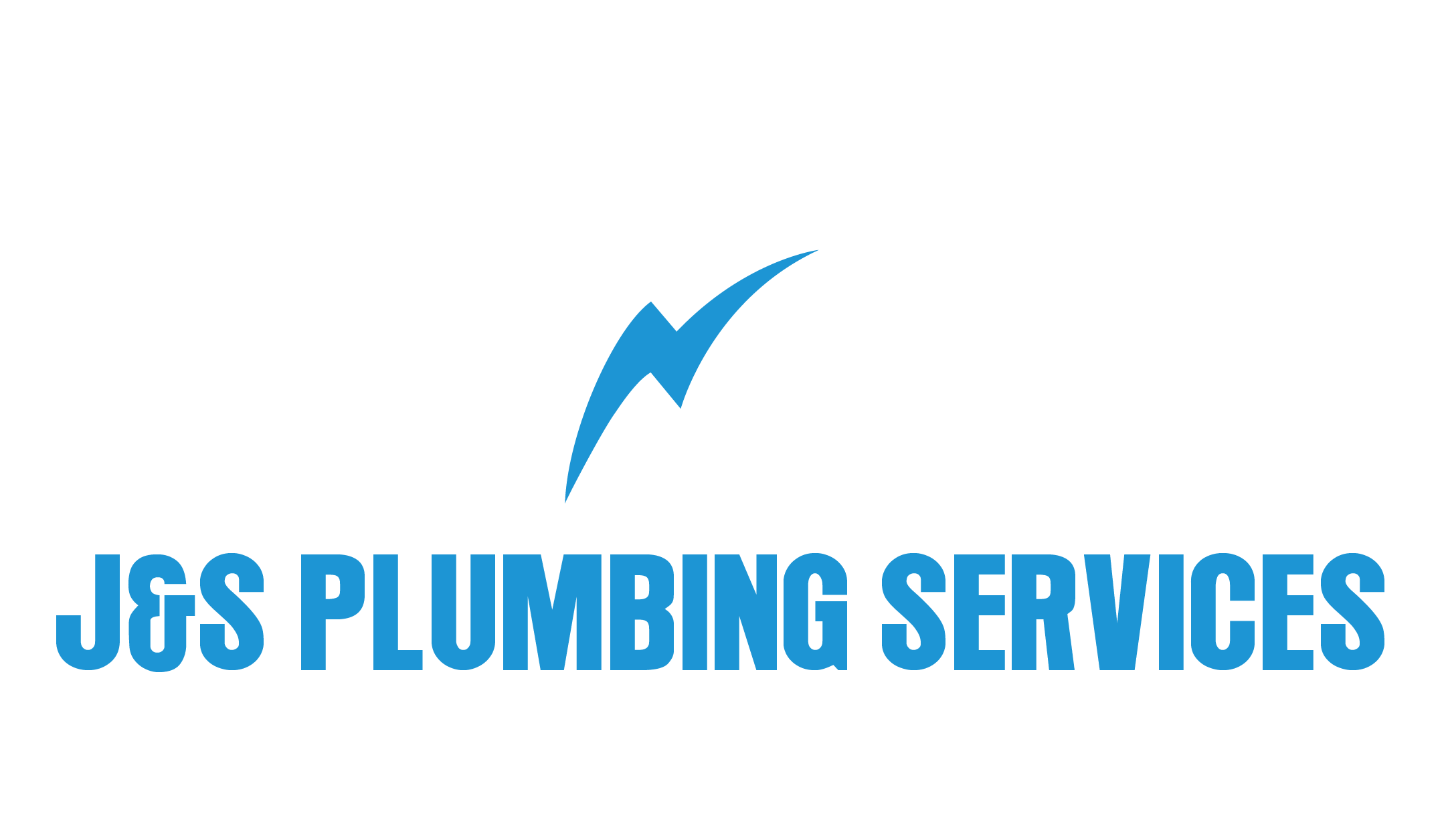Every home has sounds—the fridge’s hum, the thermostat’s click, the occasional creak in the floor. But when your sink starts gurgling, it’s not just part of the background. That bubbling noise means something is off beneath the surface. It’s the plumbing’s way of speaking up, hinting that air or water isn’t moving as it should. Catching the message early can help you avoid bigger, costlier issues. Listening now keeps things calm, clean, and in control.
1. That Gurgle Isn’t Just Noise
The strange sound coming from your sink is more than just background chatter. It’s a signal. A sign that something deeper is going on. Pipes, like people, have a way of communicating when they’re under pressure. That gurgle? It’s your sink whispering that it needs attention.
Ignoring it might seem easy at first. After all, everything still drains eventually. But that little sound is often the start of something bigger—a slow warning before real trouble bubbles up. Listening early means staying ahead of what could become an expensive mess.
2. Your Pipes Are Breathing—Sort Of
When water flows down a drain, it pushes air through the pipes. If everything’s working smoothly, you’ll never hear a thing. But when something’s off—clogs, blockages, or bad venting—that air has nowhere to go. It forces its way out, and that’s when you hear the telltale gurgle.
Your plumbing system is trying to exhale through a blocked nose. That struggle leads to sounds you were never supposed to hear. Once you do, the real question becomes: how long will it be until things worsen?
3. The Usual Suspects Behind the Sound
Here’s what your sink might be hinting at when it starts to gurgle:
- Partially clogged drain: Grease, food scraps, hair, or soap build up over time, narrowing the path for water and air.
- Blocked vent pipe: These vertical pipes let sewer gas escape and air enter. When they’re blocked by debris, leaves, or even nesting birds, your system can’t breathe.
- Poor plumbing design: Sometimes, the original setup just wasn’t right. No slope, improper venting, or tight bends can make air and water fight for space.
- Sewer line issues: Roots, age, and shifting ground can crack or collapse your main line, backing things up without warning.
Each of these can start quietly. But left unchecked, they can lead to more than just noise. They can slow your drains, push bad smells into your home, or even cause water to bubble back up.
4. How Gurgling Impacts Your Home
You might not notice the results straight away. Those noises, though, can indicate harm under the surface over time. Poorly draining water sits longer in your pipes. That can cause damage, leaks, or mold—none is inexpensive or simple.
Besides, the aromas accompanying a gurgling sink are not just unpleasant. They might signal sewer gas, something you do not want to drift into your bathroom or kitchen. It raises health issues and is not only an annoyance.
5. Timing Matters More Than You Think
The longer the noise continues, the more your system strains. What starts as a quick gurgle during rinse-off can turn into slow draining after every use. And then, one day, water doesn’t go down at all.
Addressing the sound early gives you control. It lets you make small, manageable changes instead of reacting to full-blown backups. You stay ahead of the curve, and your plumbing stays functional.
6. Simple Habits That Help
Although more serious problems can call for a professional opinion, there are lots you can do to lower the first-hand gurgling risk:
- Make use of drain strainers. Before they wind up in your pipes, catch food, trash, and hair.
- Steer clear of dumping grease down the sink. Let it sit, then put it in the garbage.
- Weekly hot water flush of your drains can help to eliminate light accumulation.
- Watch what goes down: fewer clogs translate into less noise.
- Check outside vent stacks seasonally: Clear leaves, nests, and other impediments.
These few guidelines might help keep things beneath the sink peaceful.
7. Know When It’s Bigger Than You Think
If your sink gurgles no matter what you do, or the noise spreads to other drains, it might be time for a closer inspection. Multiple gurgling fixtures can point to a main sewer line issue—something you’ll want to understand before it takes over your plumbing.
A consistent gurgle, especially one with slow draining or a sour smell, shouldn’t be ignored. It’s the kind that usually gets louder over time, not quieter.
8. Listening Today Means Less Regret Tomorrow
The beauty of a gurgling sink is that it speaks before breaking down. Most home issues don’t give such clear warnings. This one does.
And that’s a gift. One that lets you avoid flooded cabinets, rotting wood, and surprise bills. One that saves you time, energy, and stress down the line. Paying attention now means less cleanup later.
9. Turning That Gurgle Into Silence
A quiet sink is a happy sink. It’s the thing you don’t think about—until something changes. But by acting on that first sound, you take control. You keep your home running smoothly, and your daily routine stays uninterrupted.
Whether clearing out a clog, fixing a vent, or rethinking part of the layout, the path forward is easier when you start early. Your sink doesn’t have to gurgle forever. It’s speaking up now, so you don’t have to pay more attention later.
Final Thoughts
Your home speaks in small ways: a flickering light, a drafty window, a gurgling sink. When you listen, you avoid bigger problems. When you act, you keep things steady.
So the next time your sink gurgles, don’t brush it off. Hear it for what it is—a message. One that helps you stay ahead.
Let silence be your goal. And let that gurgle be the reason you get there, with a little help from J&S Plumbing Services when it matters most.



